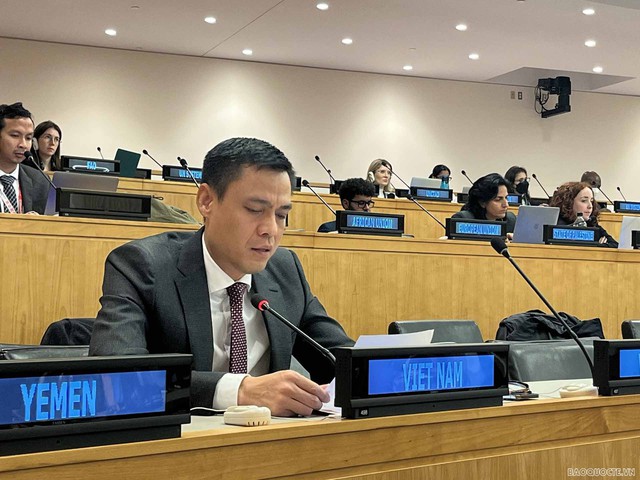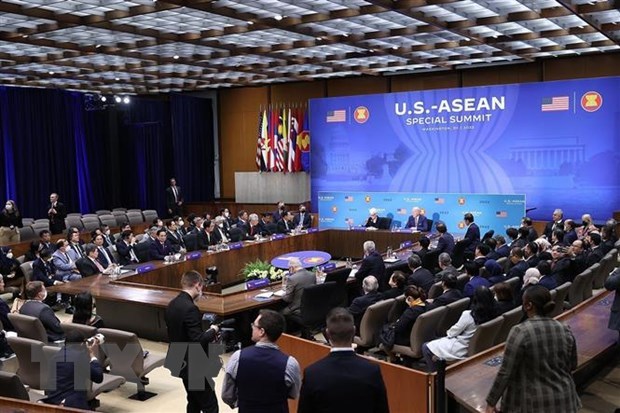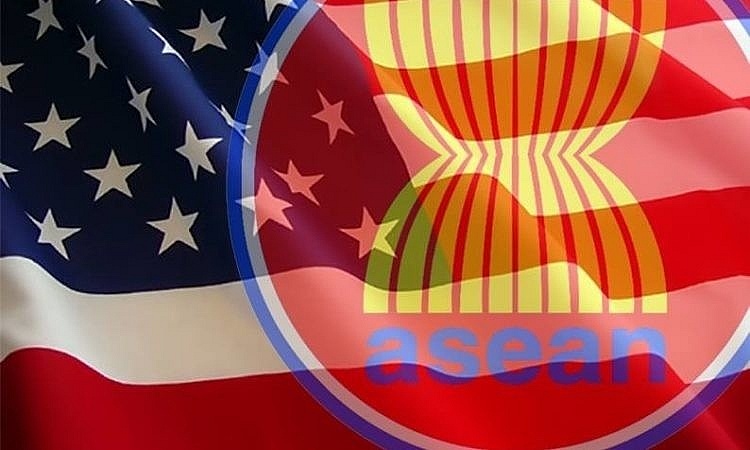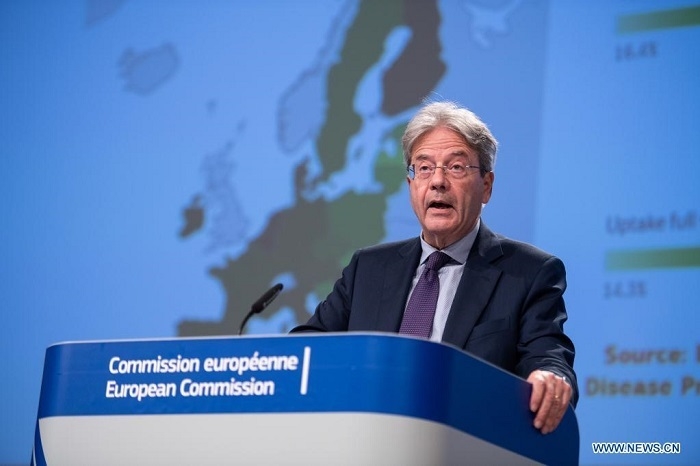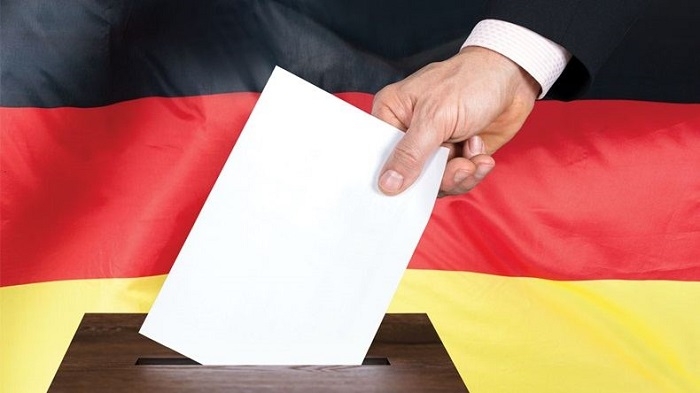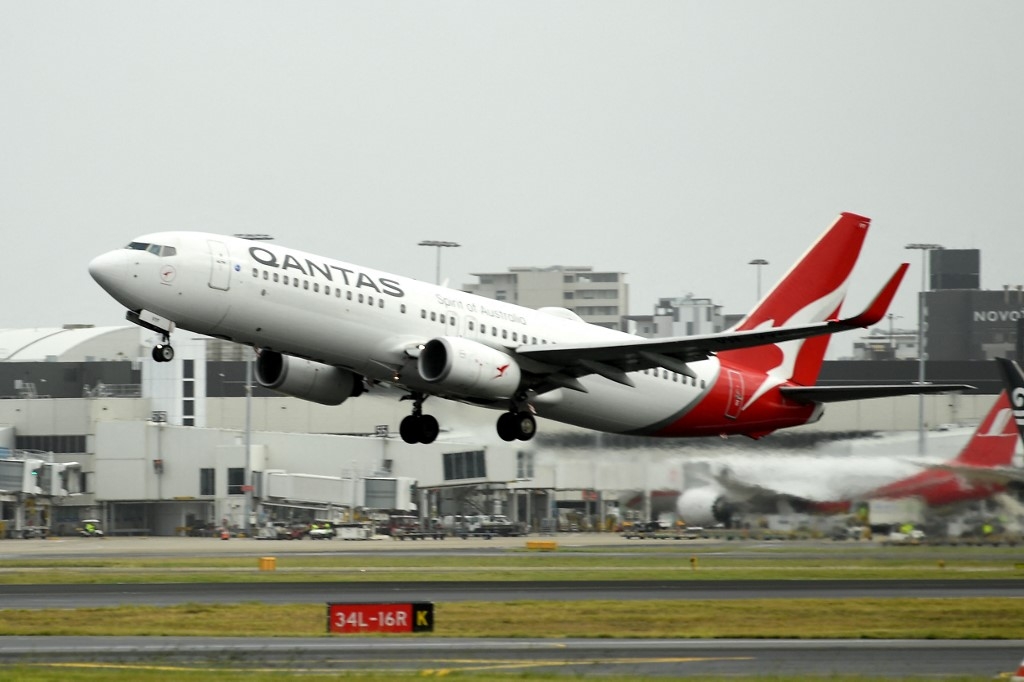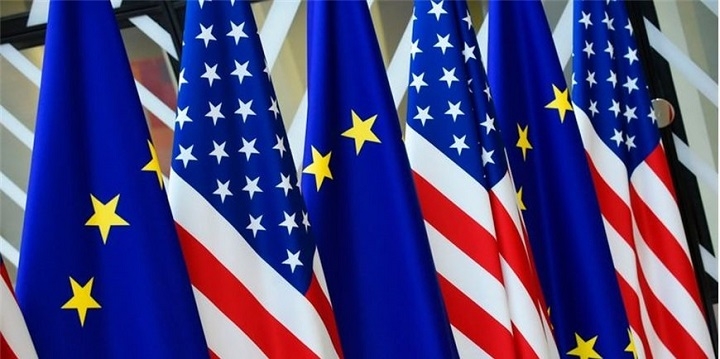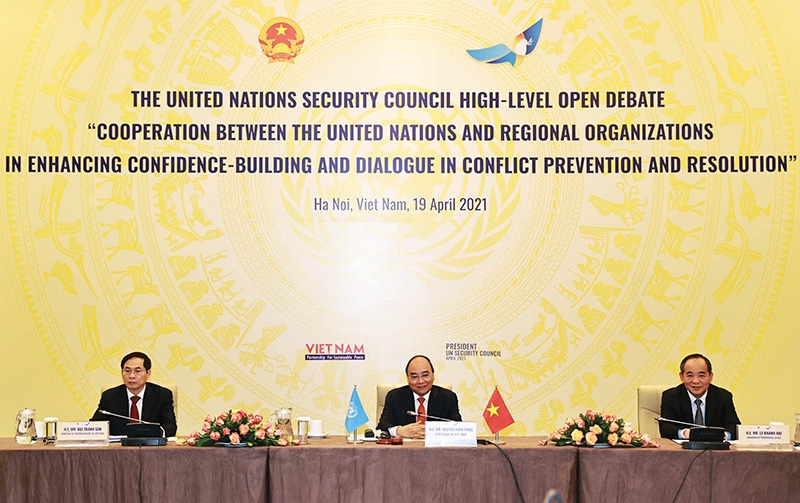New Zealand and Vietnam propel new collaboration
Vietnam and New Zealand have found fresh ways to increase bilateral trade on the back of free trade agreements, of which they are members.
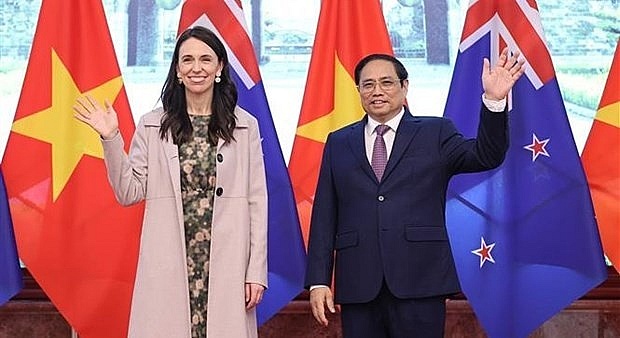
Prime Minister Pham Minh Chinh and New Zealand counterpart Jacinda Ardern last week agreed to raise bilateral trade to $2 billion over the next two years. The figure hit $1.3 billion last year, up 26.7 per cent on year, and 1.22 billion in the first 10 months of this year.
To reach this ambitious target, both leaders vowed to continue facilitating market access for agricultural products and work closely together to effectively carry out shared agreements such as the ASEAN-Australia-New Zealand Free Trade Agreement, the Comprehensive and Progressive Agreement for Trans-Pacific Partnership, and the Regional Comprehensive Economic Partnership, while further enhancing 2-way investment.
More specifically, New Zealand’s Sequal Holdings is looking for partners in Vietnam to provide high-quality wood furniture products. Currently, Sequal is supplying radiata pine wood for Vietnam’s VinaFor Saigon through a distribution agreement inked in 2019.
Radiata pine from New Zealand is a sustainable plantation timber – it is versatile and used across various applications from paper, construction, and panelling to flooring and timber frames for furniture.
Rhys Arrowsmith, Sequal’s head of sales and marketing for Asia said, “The foundation of this agreement is to give more by challenging and transforming the traditional supplier and customer model and to work together to help meet Vietnam’s furniture industry’s hold 2025 export aspirations. We’re committed to providing our partners here with high-quality radiata pine that meets their needs for quality and value.”
According to Vietnam’s Ministry of Foreign Affairs, the country welcomes New Zealand’s investment in other high-demand sectors such as education and training, manufacturing and processing, agro-forestry-fisheries, construction, IT, and post-harvest processing technology.
It also appreciates New Zealand’s continued provision of official development assistance for the country in education-training, rural development, and other sectors.
Further attention will be paid to dialogue, trust building, mutually beneficial cooperation, and joint response to common challenges in the region. They wish to propel cooperation in the Mekong sub-region, particularly in climate change response, smart agriculture, management of water resources, infrastructure, and digital transformation.
The two prime ministers agreed to continue promoting ties in other sectors such as tourism, aviation, culture, sport, labour, and more. They acknowledged that the two countries have and will continue to recognise each other’s markets for some types of fruit, and agreed to assign relevant ministries and agencies to research more cooperation agreements on tourism and culture, while expanding cooperation in new fields such as climate change, digital transformation, and green growth.
Last week, the two nations inked two agreements – one between the Vietnamese Ministry of Education and Training and New Zealand’s equivalent, and the other between both ministries of transport.
New Zealand PM Ardern said that in addition to these agreements, the country had decided to expand a project to help Vietnam mitigate dyke disaster risks and stood ready to support Vietnam in sustainable, eco-friendly agriculture development as well as climate change response.
In addition, PM Chinh said both nations would continue stepping up national defence-security links to effectively cope with rising traditional and non-traditional security challenges in the region, including transnational crimes, terrorism, natural disasters, and epidemics.
According to Vietnam’s Ministry of Planning and Investment, as of October 20, New Zealand had 49 valid investment projects in Vietnam, registered with at $210.2 million. In January-October 20, Vietnam received only two new projects from New Zealand, worth just $1.51 million.
Currently, Vietnam has 10 ventures in New Zealand, with a total registered capital of $32.7 million. They are focused on manufacturing and processing, retail and wholesale, and repair of cars and motorbikes.


